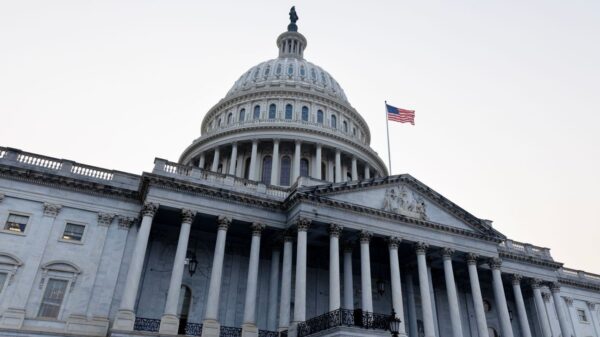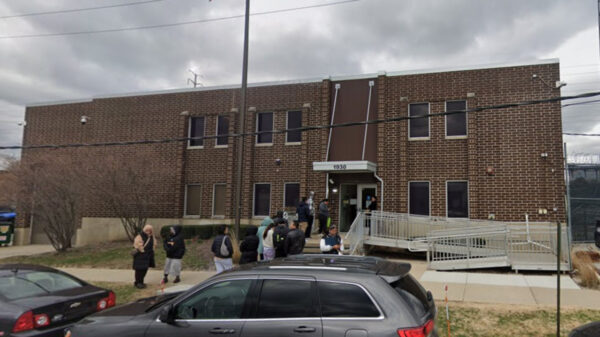Concerns about skyrocketing prescription drug costs have reached a critical point, prompting calls for immediate reform of the pharmacy benefit system in the United States. Matt Espenshade, president of the Pennsylvania State Grange, emphasizes that families, farmers, and small-business owners are increasingly frustrated with the complexities and inequities of the current system. Many feel the financial burden at the pharmacy counter, as insurance intermediaries profit while patients struggle to afford necessary medications.
The situation is particularly dire in rural Pennsylvania, where pharmacies are closing at alarming rates. This trend severely limits access to medications in these communities, where local pharmacists play a vital role in healthcare. For residents of rural areas, losing a pharmacy can mean significant challenges in obtaining essential prescriptions.
Legislators now have a pivotal opportunity to address these issues by implementing reforms targeting pharmacy benefit managers (PBMs), the intermediaries charged with negotiating drug prices. Originally designed to reduce costs for employers and patients, PBMs have become entrenched in the healthcare system, often prioritizing profit over patient care. Their practices have made the pricing of medications less transparent and more complex, leaving families, taxpayers, and employers facing ever-increasing costs.
Multiple bipartisan solutions are currently available to hold PBMs accountable. These reforms aim to simplify the system and enhance cost transparency. Despite nearing legislative approval in the past, these proposals have stalled due to broader political dynamics, which Espenshade argues must not be allowed to happen again.
Three key reforms have been identified as essential for Congress to pass this year. First, it is crucial to de-link PBM compensation from the list prices of drugs. Currently, PBMs earn more money as drug prices rise, creating an inherent conflict of interest that drives up healthcare costs. Removing this link would help align PBM incentives with the goal of lowering drug prices.
Second, patients should be able to receive rebates directly at the pharmacy counter. Presently, PBMs negotiate significant rebates with drug manufacturers, yet these savings rarely reach patients. By ensuring that these discounts are passed on directly, patients would benefit financially when filling their prescriptions.
Lastly, enhancing transparency around PBM practices is vital. The lack of clarity regarding the flow of money between PBMs, employers, and patients has allowed the system to operate in secrecy. Requiring PBMs to disclose their pricing structures and rebate information would introduce much-needed accountability.
These proposed reforms enjoy broad support from both Republicans and Democrats, reflecting their practicality and potential to alleviate financial pressures for families and taxpayers. As lawmakers reconvene, it is imperative they prioritize these reforms and resist political posturing that could delay action.
The Pennsylvania State Grange has consistently advocated for fairness and transparency in healthcare. Espenshade stresses the importance of solutions that directly improve the lives of working families, and he views PBM reform as a crucial step in that direction. By implementing these changes, Congress has the opportunity to provide immediate relief to patients at the pharmacy counter, fulfilling longstanding promises for meaningful healthcare reform.
With bipartisan support and the potential to save billions for employers and families, Congress must act decisively. The time for inaction has passed; meaningful reform is within reach, and the stakes could not be higher.






































































